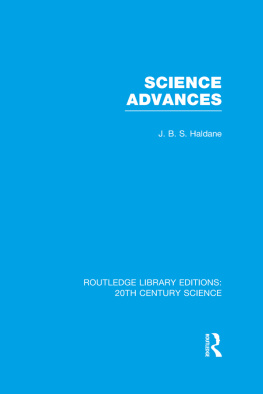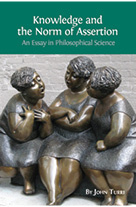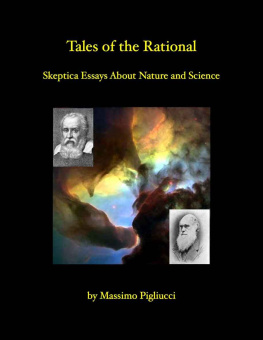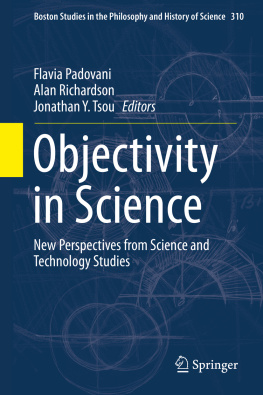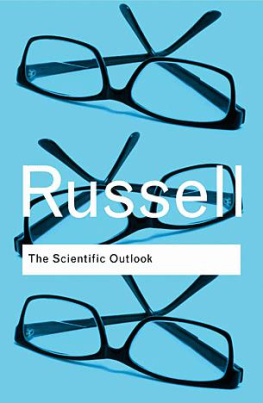ROUTLEDGE LIBRARY EDITIONS:
20TH CENTURY SCIENCE
Volume 9
SCIENCE ADVANCES
SCIENCE ADVANCES
J.B.S. HALDANE
First published in 1947
Second Edition Published in 1949
This edition first published in 2014
by Routledge
2 Park Square, Milton Park, Abingdon, Oxon, OX14 4RN
and by Routledge
711 Third Avenue, New York, NY 10017
Routledge is an imprint of the Taylor & Francis Group, an informa business
1947 J.B.S. Haldane
All rights reserved. No part of this book may be reprinted or reproduced or utilised in any form or by any electronic, mechanical, or other means, now known or hereafter invented, including photocopying and recording, or in any information storage or retrieval system, without permission in writing from the publishers.
Trademark notice: Product or corporate names may be trademarks or registered trademarks, and are used only for identification and explanation without intent to infringe.
British Library Cataloguing in Publication Data
A catalogue record for this book is available from the British Library
ISBN: 978-0-415-73519-3 (Set)
eISBN: 978-1-315-77941-6 (Set)
ISBN: 978-1-138-01356-8 (Volume 9)
eISBN: 978-1-315-77931-7 (Volume 9)
Publishers Note
The publisher has gone to great lengths to ensure the quality of this book but points out that some imperfections from the original may be apparent.
Disclaimer
The publisher has made every effort to trace copyright holders and would welcome correspondence from those they have been unable to trace.
SCIENCE ADVANCES
by
J. B. S. HALDANE
LONDON
GEORGE ALLEN AND UNWIN LTD
FIRST PUBLISHED IN 1947
SECOND IMPRESSION 1949
ALL RIGHTS RESERVED
PRINTED IN GREAT BRITAIN
in 12-Point Fournier Type
BY UNWIN BROTHERS LIMITED WOKING
THE majority of these essays have appeared in the Daily Worker, one in the New Statesman and Nation, one in Science and Society, while the final article was published in Nature. In so far as one theme runs through them, it is the growth of pure and applied science. I have described some old and new discoveries and inventions, and the way in which they are being, or could be, used for the benefit of humanity or otherwise.
I anticipate two criticisms. I have sometimes repeated the same statement in several articles. This was inevitable, since they were written over a period of over four years, and also because the same facts are of importance in different contexts. And I shall be told that I have dragged in Marxism like King Charless head. This is again inevitable if the writer thinks, as I do, that Marxism is the application of scientific method to the widest field so far achieved by man. If Marxism were taken for granted, or even if its general principles were widely understood in this country, such emphasis would be unnecessary. But the facts which I describe fit into a general framework, and Marxism is the best account of this framework which I know. If other writers on science can fit them into a better framework, by all means let them do so. But they are not isolated from one another, or from ordinary life, and it is a mistake to present them as if they were so.
I must thank colleagues who have helped me with facts, and readers of the Daily Worker who have criticized the articles and suggested topics. For this book is definitely a social product rather than the efflorescence of my own mind.
October 1944
CONTENTS
ISAAC NEWTON was born on Christmas Day, 1642, in the first year of the Great Rebellion. Many people regard him as the greatest man whom England has produced. But we mostly know very little about him. This is largely due to ridiculous propaganda about his life.
We think of Wordsworths lines
a mind for ever
Voyaging through strange seas of thought alone
or the story that a falling apple set him thinking about gravitation. He is made out to be a thinker divorced from ordinary life. As a matter of fact he was a very skilled craftsman.
As a boy we know that he interested himself in conjuring tricks. As a man he made the first reflecting telescope, whose most important part is a concave mirror, not a lens. For this purpose he had to experiment with various alloys, and to grind his own mirrors. To-day all large astronomical telescopes rely on mirrors rather than lenses to concentrate the light from distant stars.
As an experimenter he showed that white light could be split up into colours in two different ways. A glass prism refracts blue light, that is to say bends it out of its original path, more strongly than red light. And a thin film of air between two layers of glass reflects light of a colour whose wave-length is just equal to twice the thickness of the gap, or some multiple of this length. He also worked on static electrification.
If Newton had never done a sum in his life he would be remembered as a great technician and a very great experimental physicist. In addition he was one of the greatest mathematicians, perhaps the greatest, who ever lived. At the age of twenty-two he invented what is now called the differential calculus, and at the age of twenty-three the integral calculus. These were independently invented by Leibniz in Germany within a few years. Both these branches of mathematics were essentially tools for his great project of producing a mechanical account of natural events which would allow of their exact prediction.
The principles governing the flight of cannon balls were being worked out at this time. Newton showed that the moon in its course round the earth, and the earth and other planets in their courses round the sun, obeyed the same laws. This was a very great mathematical achievement. He also discovered the laws governing the flow of heat and of some fluids.
He believed that he was describing the properties of real matter in real space and real time. Some modern physicists say that this is impossible, and that we cannot know the real nature of things, but only devise theories which fit our experience more or less exactly.
They point out that the work of the last forty years proves that matter, space, and time are not what Newton thought them, and that newer theories enable us to predict what will happen more accurately than do Newtons theories. This is true. They go on to say that this shows that one can never know what matter, space, and time really are.
Certainly we can never know all about them. Lenin thought that the properties of even a single electron, the smallest bit of matter that we know, are inexhaustible. But most scientists think it nonsense to say that because we cannot know all about matter, we do not know anything about it.
How deeply Newton penetrated into the nature of matter is shown by a simple fact. The moving stars do not obey Newtons laws exactly. But their largest deviations from these laws are about one three hundredth part of the errors of measurement made by astronomers in Newtons day. If he had merely been making theories to fit the available observations, the theories would have been disproved as soon as more accurate measurements were made. He went far beyond the observations, a long way to the truth about matter.

